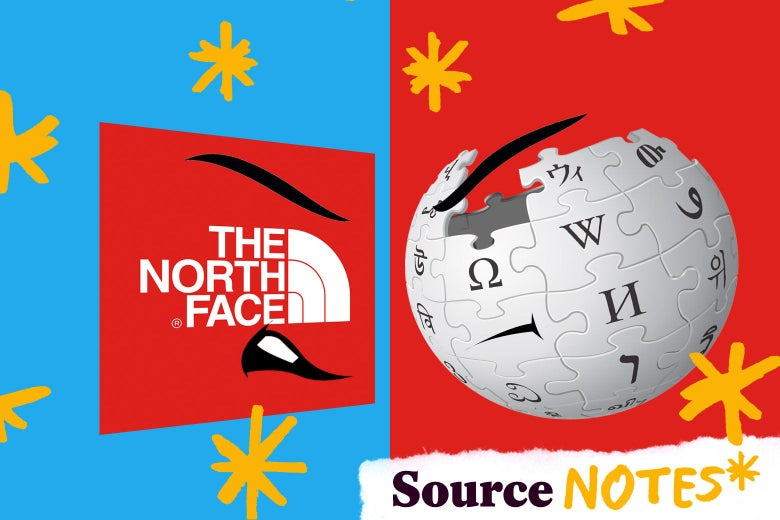When Brands Like the North Face Manipulate Wikipedia, Should That Go On Wikipedia?
By Stephen Harrison
The North Face is known for its popular jackets, fleeces, and vests. But warm apparel is not insulating the brand from blowback after it was revealed that the company had unethically manipulated Wikipedia for free advertising.
In a May video ad, the North Face and its advertising partner, Leo Burnett Tailor Made, explained the scam: Before traveling, people typically search the destination on Google, and Wikipedia ranks highly in the search results for both webpages and images. So the North Face uploaded photos to the Wikipedia pages of popular destinations that included the company’s clothing and equipment. When people searched destinations such as Guarita State Park in Brazil and Huayna Picchu in Peru, the top results in Google Images would serve as subtle product placement for the North Face’s brand.
In the video published on Ad Age, the North Face states: “We hacked the results to reach one of the most difficult places: The top of the world’s largest search engine. Paying absolutely nothing just by collaborating with Wikipedia.” But the word “collaborating” is highly misleading here. Wikipedia and the Wikimedia Foundation did not collaborate with each other. The North Face’s “hack” violated the site’s terms of use, which prohibit paid contributions to the encyclopedia without disclosure. Besides that, it’s also brazenly shady and unethical to hijack a free educational resource like Wikipedia for secretive commercial use.
>> Continue reading the rest of the article at Slate
Source Notes is a Future Tense column about the internet's knowledge ecosystem.
In case you missed it...
I wrote about the new documentary Billion Dollar Bully for Yelp, and why Yelp feels unfair to small business owners.
See also
My colleague Omer Benjakob had an important piece come out this week in Wired UK about how Wikipedia can serve as a model for internet fact-checking. Hint: the human factor and community emphasis on "verifiability, not truth" go far.


